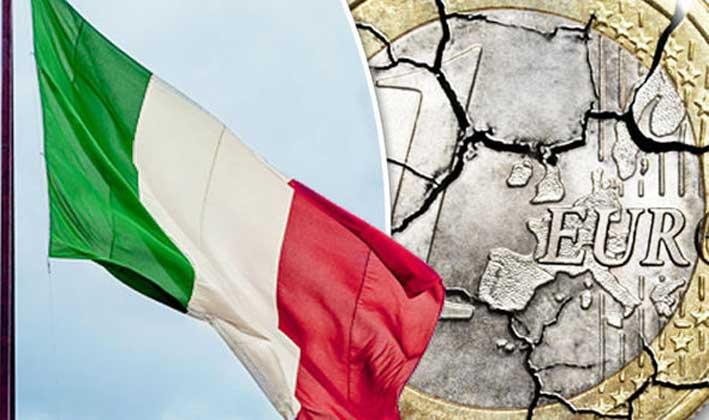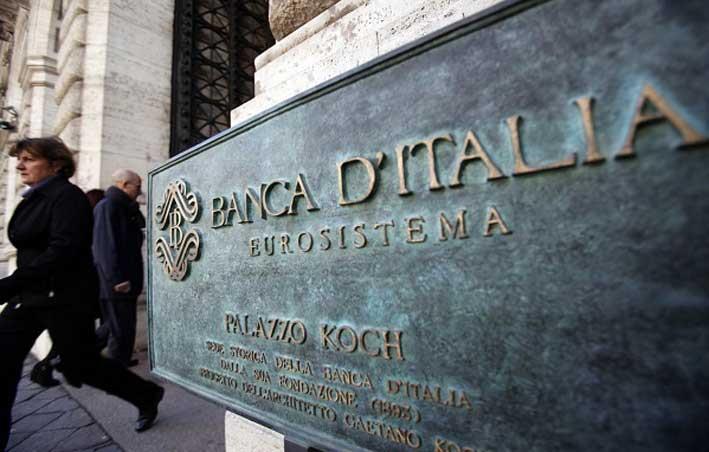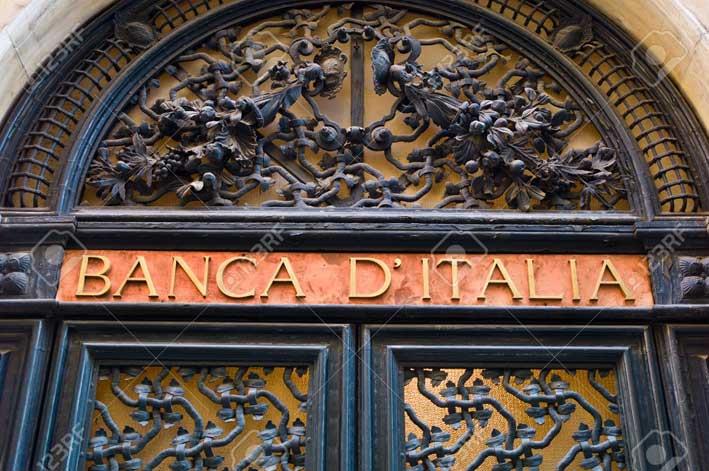About a month on from Britain's vote to leave the European Union, there's little evidence that economic activity across the continent has been derailed yet.
That's some reassurance for the 19-country eurozone as it faces a host of other problems, many of which relate to Italy, the bloc's third-largest economy. The country has to shore up its banks — and will get some idea Friday of the scale of the problem when regulators publish the results of EU-wide bank stress tests.
Separate figures Friday will also show how the eurozone economy was faring in the run-up to the British vote. Analysts estimate that the quarterly growth rate halved to 0.3 percent in the second quarter compared with the first for a variety of reasons, including the pick-up in the price of oil, concerns over a slowdown in China and uncertainty ahead of the British referendum on June 23.

No doubt the vote for so-called Brexit has proven a shock to many and a jolt to the European project of political integration. But so far the economic fallout appears to have been contained. Surveys of business activity, such as the Ifo index of German business confidence, have shown resilience, in marked contrast to those assessing the state of the British economy.
"Europe already appears to have moved on," said James Nixon, chief European economist at Oxford Economics.
Nixon said "the more immediate challenge" for European policymakers is the constitutional referendum in Italy expected this fall, "where the government currently faces a good chance of succumbing to the same sense of populist disaffection that prompted Brexit."

The Brexit vote has raised the stakes in Italian Premier Matteo Renzi's upcoming referendum on a raft of changes designed to streamline the country's political system. Opinion polls point to a close outcome. Defeat could lead to Renzi's resignation, early elections and fresh uncertainty over the direction both of the EU and of the eurozone itself.
In the meantime, Renzi has another problem to contend with — the financial health of Italy's banks. Renzi is looking for a way to rescue them from a pile of bad loans that aren't being repaid.
Italian banks have been worn down by some 360 billion euros ($400 billion) in loans that won't be paid back in full. Given Italy's size, any negative fallout would far outweigh the impact from the repeated problems over the past few years, notably in Greece.
Any rescue attempt that involves the use of public money could run into resistance from the EU, which recently introduced new rules to avoid a repeat of some of the recent bailouts that afflicted the eurozone. During the region's debt crisis over the past few years, the perilous situation of some banks was at the root of some of the bailouts.

Under the terms of the new rules, taxpayer money can now only be used after bank creditors such as bondholders have been "bailed in," meaning they lose some of their money first. That provision was aimed at making sure that the cost of rescuing banks doesn't overwhelm the state's finances as they did in the case of Ireland.
"I think bail-ins are a very sound economic principle, which basically says that those investors that put in their money and take out some profit in the good years carry the losses in the bad years," Jeroen Dijsselbloem, the eurozone's top official recently said.
A particular problem for Italy is that about a third of bank bonds are held by small retail investors. Inflicting losses on them, as well as depositors, could be highly unpopular ahead of the upcoming referendum.
"It should therefore come as no surprise that there is an increasing sense of urgency to resolve the problems facing the Italian banking sector well ahead of (the) vote," said Oxford Economics' Nixon.

A major step in assessing the scale of the problem will emerge on Friday when the European Banking Authority will release results on the financial health of EU banks. The five Italian banks being assessed, including UniCredit and Monte dei Paschi di Siena, are expected to feature high in the list of those requiring help. There's talk that Monte dei Paschi may even pre-empt the stress tests with a multi-billion cash call from investors.
As in previous moments of crisis in the eurozone, most close observers expect a last-minute deal to be thrashed out that involves some sort of bending of the European rules. European Central Bank President Mario Draghi last week indicated that there is some flexibility in the rules that would make sure that they don't fail their first test.
"There are escape routes available for particular circumstances," economists at Bank of America Merrill Lynch said in a note to clients. "There is a way; we are waiting for the will."
What would help Italy in particular would be a strengthening in the recovery from recession.
Italy's economy has grown less than other major countries for years, fueling popular discontent and the growth of previously fringe parties, such as the 5-Star Movement, which has gained on Renzi's left-of-center Democratic Party in polls.
With Britain having made its choice, Italy is now facing the glare.